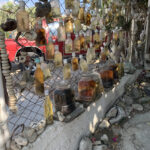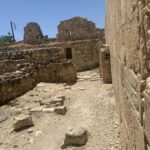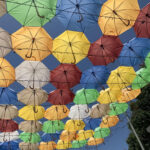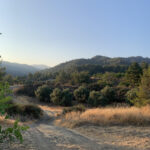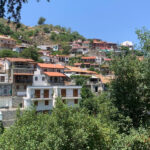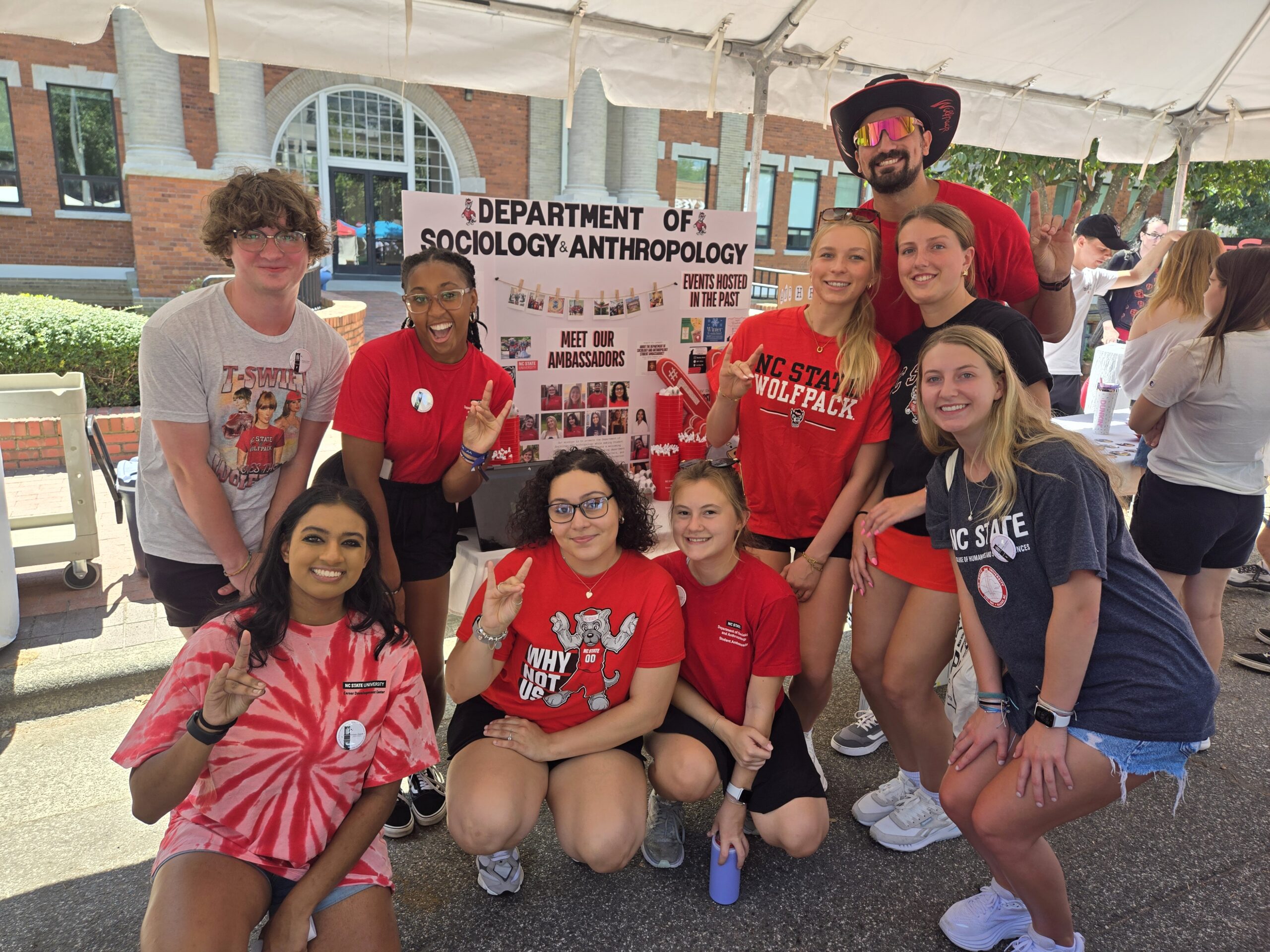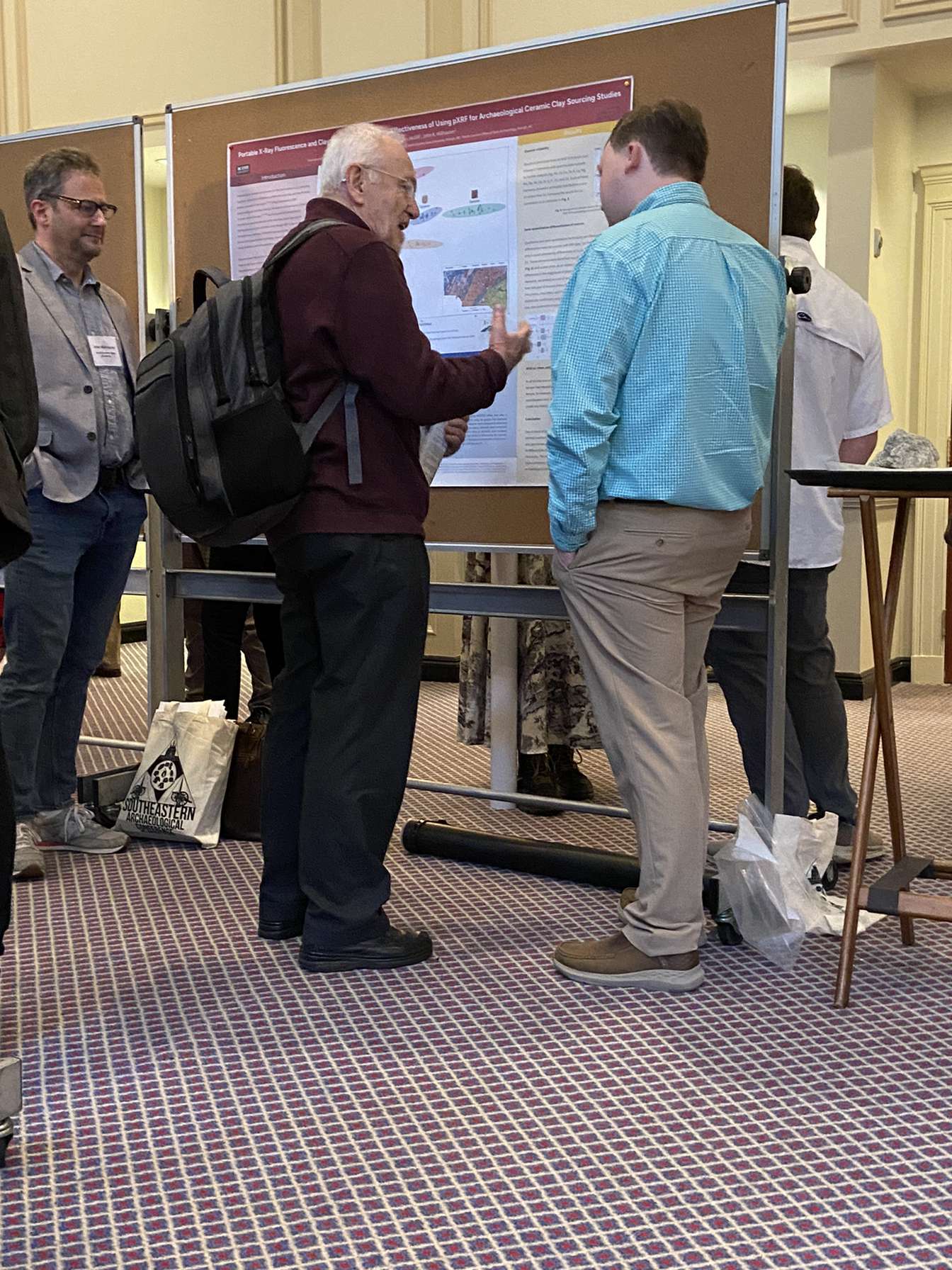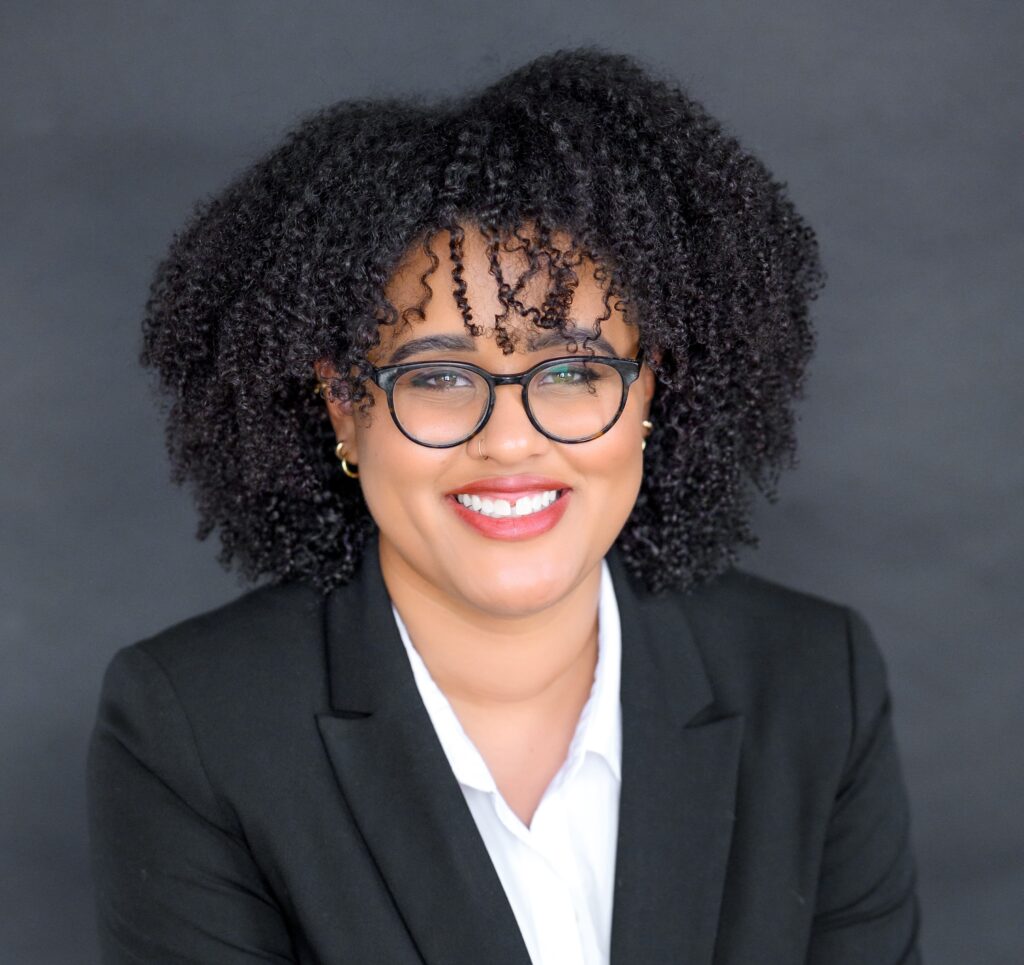Explore Your Options: Study Abroad
NC State's Study Abroad Fair is Oct. 6
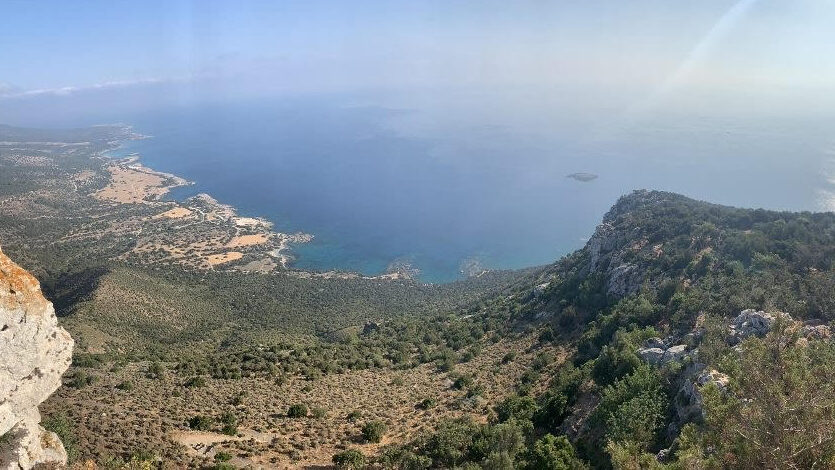
The Study Abroad fair is being held in the Talley Student Center on Oct. 6 from 10 a.m. to 3 p.m. This is a great opportunity for all students to come out and explore their options. Whether it’s a semester abroad or a short-term session, studying abroad can change the course of your educational experience. I had the honor of interviewing the individual spearheading the entire fair, Ashton Croft (Study Abroad Advisor, Office of Global Engagement), and you can read about our exchange and even learn of my own individual experience studying abroad. I hope to see you all there!
Olivia: So just as a general question, what do you think is the most important aspect of studying abroad?
AC(Ashton Croft): That is a great question! I think it really depends on the individual student, but academic and personal readiness and development are the big three themes that we see students think about when studying abroad. It all depends on the program they are interested in.
Olivia: What kind of study abroad experiences do you offer to students within the Anthropology and Sociology department? And what is the most popular one?
AC: For short-term, faculty-led programs we only have one program running next summer which is the Cyprus Archaeological Field School (Which is also the most popular one). There have been others in the past but none that are currently running. However, students of all departments are able to study abroad in the majority of our programs.
Olivia: What, to your knowledge, is the biggest impact that study abroad has on students?
AC: It differs from student to student, but the growth and development that many students experience has been the biggest factor.
Olivia: How does studying abroad change the way students view education and learning?
AC: For semester and exchange programs, students are learning what education and learning is like in a different country and a different context, which really shifts students’ views. For short-term, faculty-led programs, it’s still NC State teachings and curriculum but in a whole new setting. These students tend to view education and learning in a more experiential lens rather than what we see in a typical classroom.
Olivia: What is NC State’s plan to expand their study abroad programs and do you know of any that relate to our department?
AC: In the short term, we are trying to grow our programs to pre-covid numbers, and there are no definite plans, but there are talks about bringing back old programs. There are also talks with different professors and faculty members about different and new programs. For now, we are trying to rebuild our department. We are also working on increasing our funding in order to increase financial aid options so that more students have the ability to study abroad.
Olivia: In what ways does the study abroad fair promote different programs to all students?
AC: The way the fair is set up is similar to an expo hall. Every faculty member who is hosting a short-term program for the coming summer is invited to set up their own table. With that, students are able to come to explore and see all the options available to them, as well as explore affiliate programs that aren’t from NC State but provide other options for students. It is meant for students to be able to explore at their own pace.
Olivia: How does the study abroad fair integrate all of these different programs as equally as possible?
AC: With the sort of expo hall set up, all programs have their own space so that there is not one program being promoted over the other and so that students can walk through and explore their options. They are grouped by colleges which could be a way for students to find one program over the other regarding what they want to do in their own college, but we try to make sure that everyone has the same amount of space and the same marketing.
Olivia: Will there be any stations that promote financial aid options or ways to obtain funding money?
AC: Yes! Right at the entryway, there will be about three different funding tables that provide information about financial aid and scholarships.
Olivia: What are some of the biggest successes of the fair?
AC: It is the biggest recruitment event that the study abroad office has and has anywhere between 1500 and 2000 students that show up and pursue the tables. It allows students to really interact with the programs and the leaders of the programs which can help with recruitment to apply to one of the programs. It also gives a more personalized view of the program rather than just browsing online.
Olivia: Are there any challenges previous fairs have had that you aim to fix?
AC: Because we haven’t had any in-person fairs since 2019, I think figuring out how it looks and works out will be difficult and how we navigate post covid differences.
My Study Abroad Experience
This summer, I studied abroad in Cyprus participating in the NC State-led archaeological field school, and from that moment on the way I perceived education changed. I have always been a hands-on person and since I was a little kid, I always wanted to be in a field where I was physically involved with the material. This is what led me to want to become an archaeologist.
In Cyprus, my understanding of archaeology changed. It’s not treasure and it’s not easy. Believe it or not, I truly believed that this was going to be a slice of cake (which it was not). My parents would have never believed that I would love getting on a bus at 5 in the morning to go dig in some Chalcolithic dirt, but I did. The sights I saw, the people I met, and the things I learned all represent a new beginning, a better beginning for me. Studying abroad brought me and nineteen other people together where we were able to grow together in our interests and created friendships and relationships that still persist today.
There is more to studying abroad than hanging out with friends, however, there is learning involved. In Cyprus, our learning was more hands-on. In the field, we learned different techniques on how to excavate, the historical significance of the site we were working on, and the overall ethics and reasoning behind its practices.
Learning didn’t just come from the field, it came from the lectures and from the supervisors. When practicing archaeology, it is necessary to understand the history behind what you are doing, and why you are excavating. It’s not about finding gold and treasure, as most believe, it’s about broadening our understanding of history and seeing patterns and connections between civilization and human development.
From the supervisors, we learned so much more. I had two amazing supervisors in the field, Cole and Brooke. Cole is a Ph.D. student at UNC and is focusing his study on classical archaeology. He and I would speak Latin in the field, albeit he was much better at it than I was, and inspired me to continue my passion for the classical age. Cole is ultimately the main reason why my experience in Cyprus was so fulfilling and I continue to thank him for it. Brooke was equally as fun and inspiring in the field. Her focus was on Ancient Egypt and listening to her talk about her research and experiences was like listening to a storybook, captivating.
Studying abroad was like a never-ending adventure that unfortunately had to end. I hope every person who reads this newsletter is inspired to study abroad or even just look at the opportunities available. Please reach out if you have any questions!
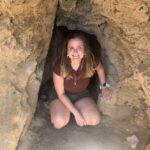
This article is by Olivia Fiser, a Sociology and Anthropology student ambassador majoring in anthropology and history.
- Categories:
